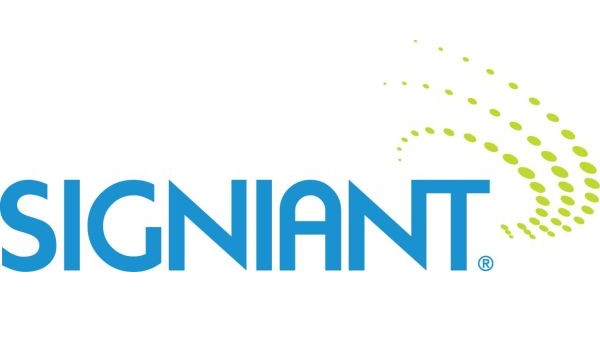The professional video industry's #1 source for news, trends and product and tech information. Sign up below.
You are now subscribed
Your newsletter sign-up was successful
The Enterprise Wireless Alliance requested a temporary waiver of Section 90.159(b) of the FCC Rules for Private Land Mobile radio stations to permit applicants for new or modified stations in the 470-512 MHz, 806-824/851-866 MHz, and 896-901/935-940 MHz bands to operate while the applications are pending. In Order (DA 13-1989) adopted Sept. 26, 2013, the FCC Wireless Telecommunications Bureau granted the request.
The Order explains, “Pursuant to Section 90.159(b), most applicants proposing to operate a new private land mobile radio station or modify an existing PLMR station below 470 MHz that are required to include a showing of frequency coordination are permitted to operate the proposed station during the pendency of the application for a period of up to 180 days, beginning 10 days after the application is submitted to the Commission. This conditional authority is not available for applicants in the PLMR frequency bands above 470 MHz.”
EWA requests a waiver to grant conditional authority for above 470 MHz applications filed with the Wireless Telecommunications Bureau on or before Dec. 31, 2013 that meet all of the other requirements and conditions of Section 90.159(b). EWA intends to file a petition requesting the Commission amend its rules to permit conditional licensing above 470 MHz.
In granting the request, the Commission stated:
“Based on the record before us, we conclude that EWA has presented sufficient facts to meet the standard for grant of a waiver. We agree with EWA that the large number of narrowbanding-related applications and the attendant temporary increase in processing time for all WTB applications is a unique or unusual factual circumstance for which waiver relief is appropriate. We also agree that, under the circumstances, restricting conditional authority to applications involving frequencies below 470 MHz during this period would be inequitable and unduly burdensome to applicants that could not have anticipated this increased processing time.”
The FCC also concluded that allowing above-470 MHz PLMR applicants to temporarily initiate service “would serve the public interest” by permitting a more timely deployment of systems that serve the communications needs of many parties.
However, the Order warned PLMR applicants that “frequency coordination recommendations are advisory in character and not an assurance that the Commission will grant the requested license.”
It also cautioned that conditional authority would not prejudice any action the Commission may take on the application, and that the FCC could modify or cancel permissions at any time.
“The applicant assumes all risk associated with operation under conditional authority and should be cautious in purchasing radio equipment prior to obtaining a valid permanent authorization from the Commission.”
The professional video industry's #1 source for news, trends and product and tech information. Sign up below.

Doug Lung is one of America's foremost authorities on broadcast RF technology. As vice president of Broadcast Technology for NBCUniversal Local, H. Douglas Lung leads NBC and Telemundo-owned stations’ RF and transmission affairs, including microwave, radars, satellite uplinks, and FCC technical filings. Beginning his career in 1976 at KSCI in Los Angeles, Lung has nearly 50 years of experience in broadcast television engineering. Beginning in 1985, he led the engineering department for what was to become the Telemundo network and station group, assisting in the design, construction and installation of the company’s broadcast and cable facilities. Other projects include work on the launch of Hawaii’s first UHF TV station, the rollout and testing of the ATSC mobile-handheld standard, and software development related to the incentive auction TV spectrum repack. A longtime columnist for TV Technology, Doug is also a regular contributor to IEEE Broadcast Technology. He is the recipient of the 2023 NAB Television Engineering Award. He also received a Tech Leadership Award from TV Tech publisher Future plc in 2021 and is a member of the IEEE Broadcast Technology Society and the Society of Broadcast Engineers.
